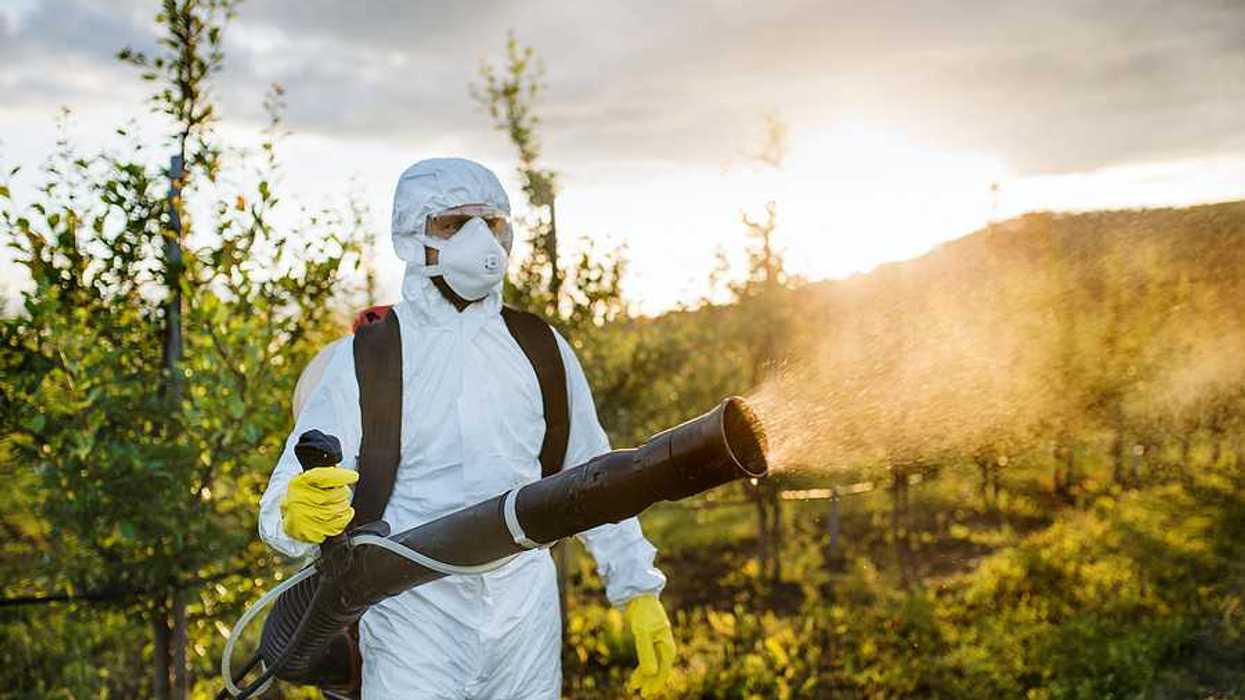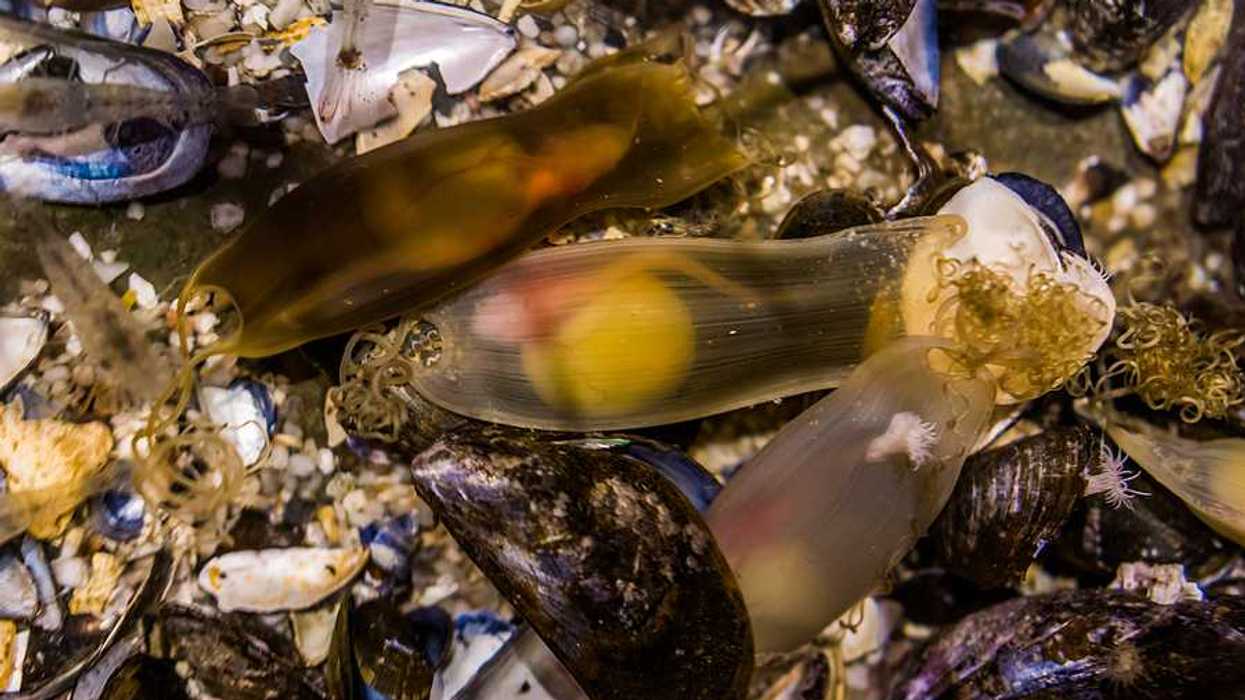In a recent study published by eBioMedicine, researchers found that women with higher levels of microplastics in their placenta were at an increased risk of experiencing spontaneous miscarriage in the first trimester.
In short:
- Microplastics were found in all placentas tested, with PVC accounting for more than half of the plastics detected.
- Older women were more likely to have higher levels of microplastics in their placenta, suggesting microplastics may play a role in the increased likelihood of early miscarriage for older women.
- Women who regularly drank bottled water and ate seafood were also more likely to have higher levels of microplastics in their placentas.
Key quote:
“The internalisation and accumulation of [microplastics] pose considerable health risks, particularly during pregnancy, which is a sensitive window for environmental changes.”
Why this matters:
With plastic use continuing to grow exponentially and nearly 57 million tons of plastic pollution generated globally each year, microplastics are an extremely pervasive form of toxic exposure. Recent studies have detected microplastics in food, water, air and many parts of the human body, including the brain and throughout the reproductive system. Pregnancy is a period of heightened vulnerability to environmental pollutants for both the mother and the fetus. Spontaneous miscarriage occurs in 10%-20% of pregnancies (although the incidence is rising) and in most cases, the causes are poorly understood. The authors of this study urge policymakers to prioritize the regulation of plastic pollution and implement measures that reduce human exposure to microplastics.
Related EHN coverage:
- Microplastics in the placenta linked to altered fetal hormone levels
- PFAS exposure linked to an increased risk of repeated miscarriage
More resources:
- University of California San Francisco: I’m a Microplastics Researcher. Here’s How To Limit Their Dangers
- Consumer Reports: How to Reduce Your Exposure to Plastic in Food (and Everywhere Else)
Wang, Peixin et al. for eBioMedicine vol. 120. Oct. 2025
- The links between pollution and miscarriage: ‘This is the stuff nightmares are made of’ ›
- PFAS exposure linked to an increased risk of repeated miscarriage ›
















